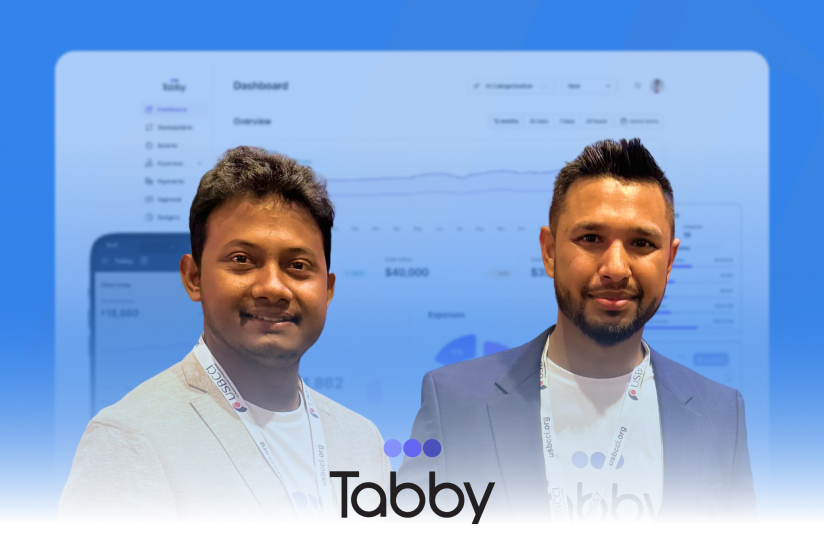

Founder’s Spotlight: Jahnnobi Rahman

Newsletter
The Beginning: Gaming, Burnout, and a Deeper Problem
When Jahnnobi Rahman began building mobile games as an undergraduate computer science student, she wasn’t planning to start a mental health company. But her own experiences with burnout while juggling part-time tech work and coursework opened her eyes to a bigger issue: how invisible and unsupported mental health struggles often are, especially in South Asia.
Alongside two friends, Jahnnobi began exploring how digital tools could make mental health support more accessible. The early idea evolved, and by late 2022, Relaxy was born. Their seed funding came from the Bangabandhu Innovation Grant(BIG) worth US$10K—enough to get the platform off the ground. In 2023, they secured further backing and launched a second funding round.
Relaxy’s Model: Building Access on Both Sides of the Market
The mental health landscape in Bangladesh suffers from dual fragmentation: on the user side, stigma and long wait times make counselling inaccessible. On the supply side, psychologists and psychiatrists struggle with the operational burden of reaching clients and following up with them. Relaxy solves for both.
The platform matches users with certified mental health professionals within 24 hours—a significant improvement from the traditional weeks-long wait. For professionals, Relaxy offers an infrastructure to streamline scheduling, client management, and income generation. Many use it as a source of supplementary income, while some have transitioned to working full-time through the platform.
“We wanted to make it easier for people to seek help without judgment,” Jahnnobi explains. “And also easier for professionals to support them without burning out.”
Scaling Impact: Subscription-Based Growth and AI Innovation
Today, Relaxy operates with a primarily B2C model, though it has also started piloting B2B offerings. The company has sold over 40,000 subscriptions, thanks to partnerships with telecom giants like Grameenphone, Robi, and Banglalink, as well as bKash. These subscriptions account for approximately 60% of total revenue and offer chat-based counseling and guided meditations.
Higher-value services, like voice or video consultations with psychologists or psychiatrists, are available for one-time payments ranging from US$15 to US$25. Relaxy has also seen significant retention improvements: where users traditionally engaged in just two sessions across a lifetime, the platform now sees an average of four to five.
This focus on continuity of care led to one of Relaxy’s most ambitious projects yet: building a conversational AI agent trained on the therapeutic practices of Bangladeshi professionals. The goal is to offer culturally relevant mental health support that is always available, especially during off-hours, when human counselors may not be available.
“This isn’t just generic AI,” Jahnnobi notes. “We’re building it with localized knowledge to prevent hallucinations and ensure users get guidance that aligns with what a certified Bangladeshi psychologist would actually recommend.”
This AI offering will be rolled out as a premium subscription add-on, creating a new revenue vertical.
Changing the Narrative Around Mental Health
Building a mental health startup in Bangladesh comes with its own set of hurdles, with stigma being one of the most significant obstacles. But instead of framing Relaxy as a platform for ‘treatment,’ Jahnnobi has chosen to position it as a lifestyle product for mental well-being.
Campaigns have ranged from a widely shared Bengali theme song that created a sense of community to playful personality quizzes based on Bengali fiction characters. “We never wanted Relaxy to feel like a sad or
clinical space,” she explains. “It’s a place to feel seen, supported, and safe.”
Advice for Aspiring Founders
Jahnnobi’s advice stands out for its honesty: “Not everyone needs to start a startup. And that’s okay.” She encourages aspiring entrepreneurs to first work at a startup and gain hands-on experience before launching their own venture. “Startups are hard. You need to really care about the problem you’re solving, or you won’t make it through the tough days.”
That focus on clarity of purpose influences Relaxy’s journey. From tackling stigma to advancing localized AI in mental health, Jahnnobi and her team aim to redefine what accessible care looks like in Bangladesh—one conversation at a time.





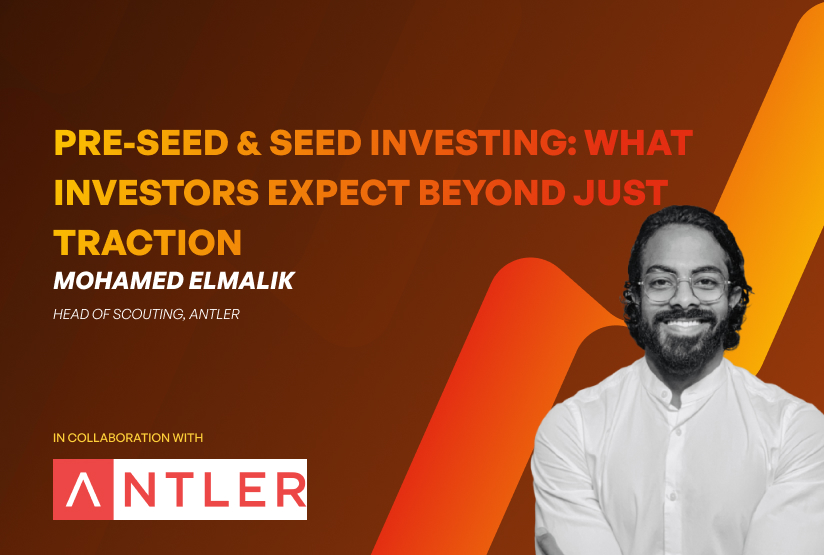
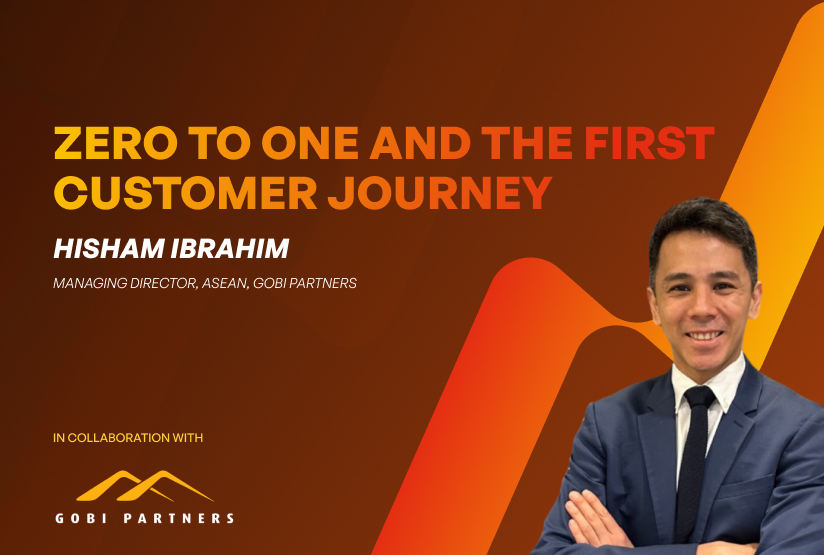
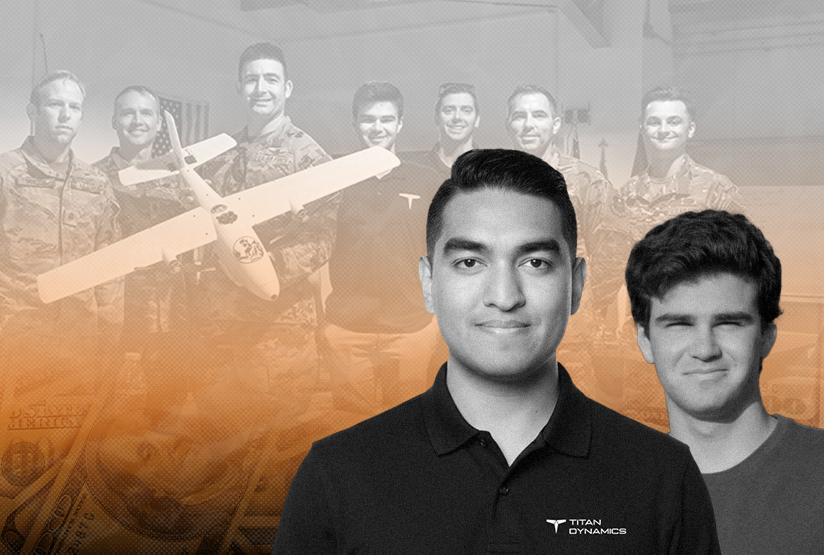
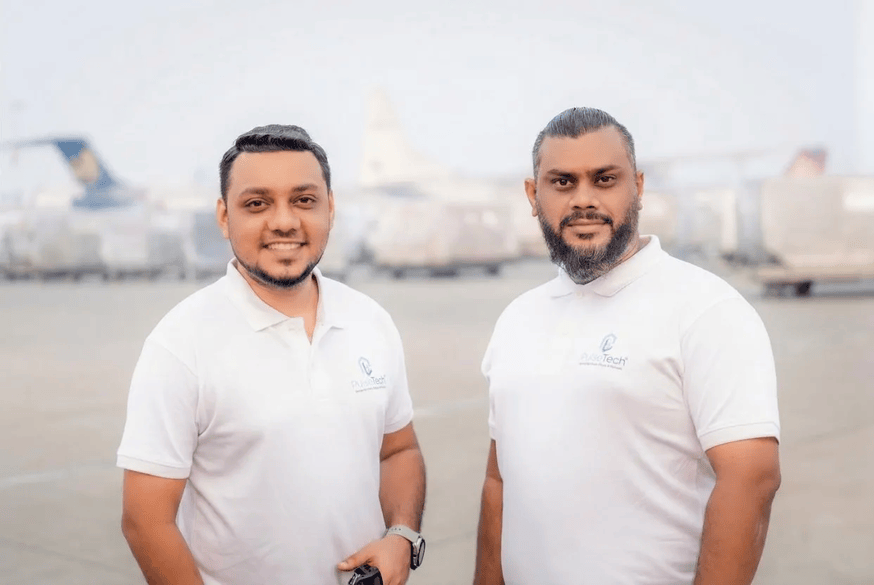

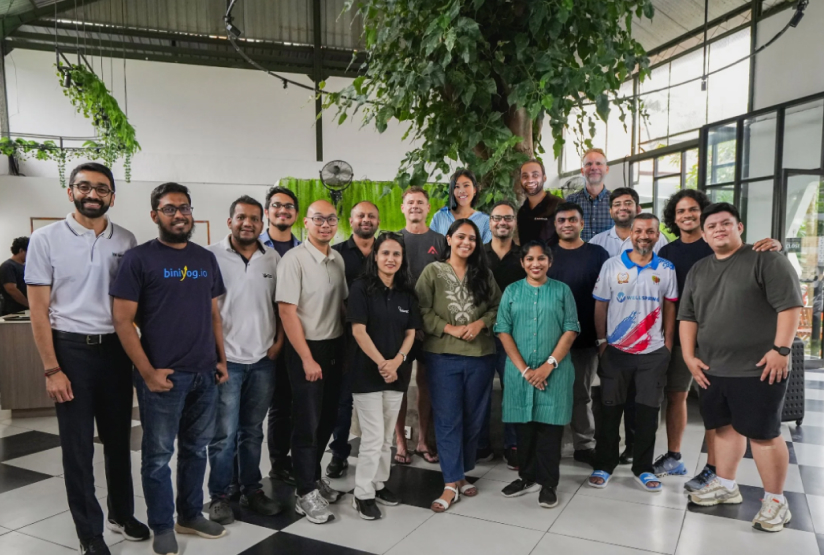
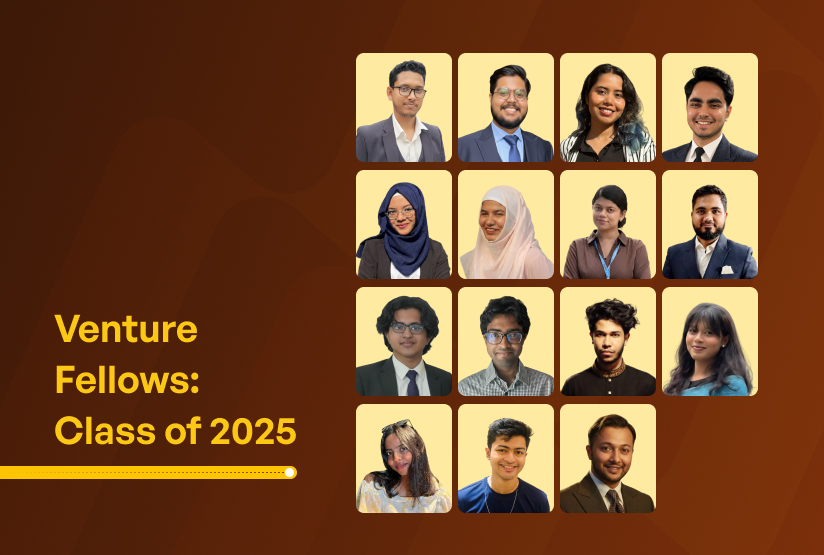


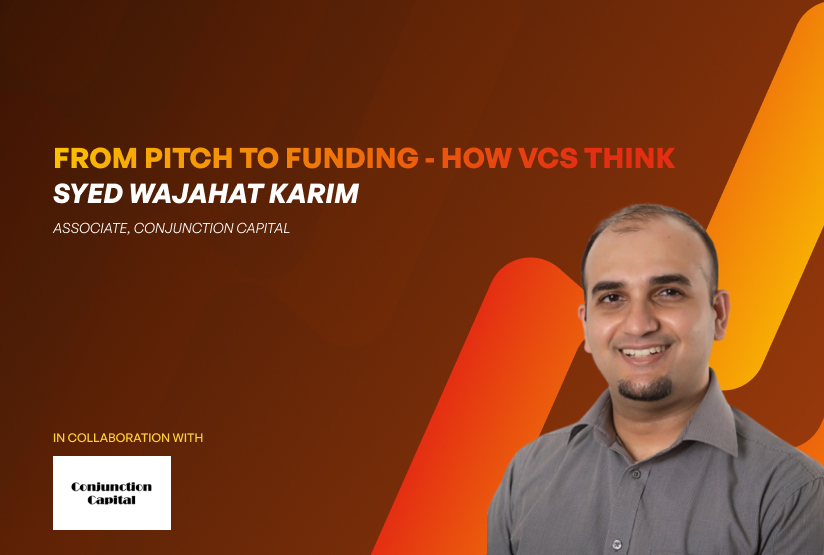

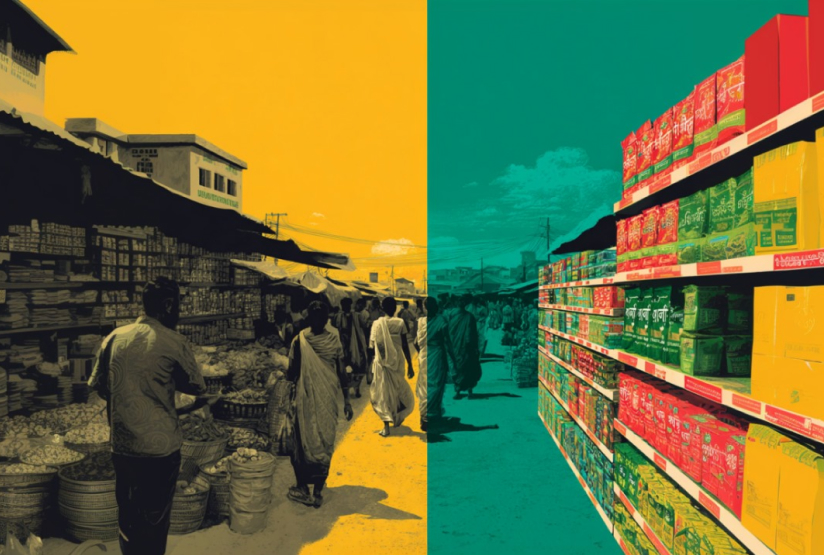
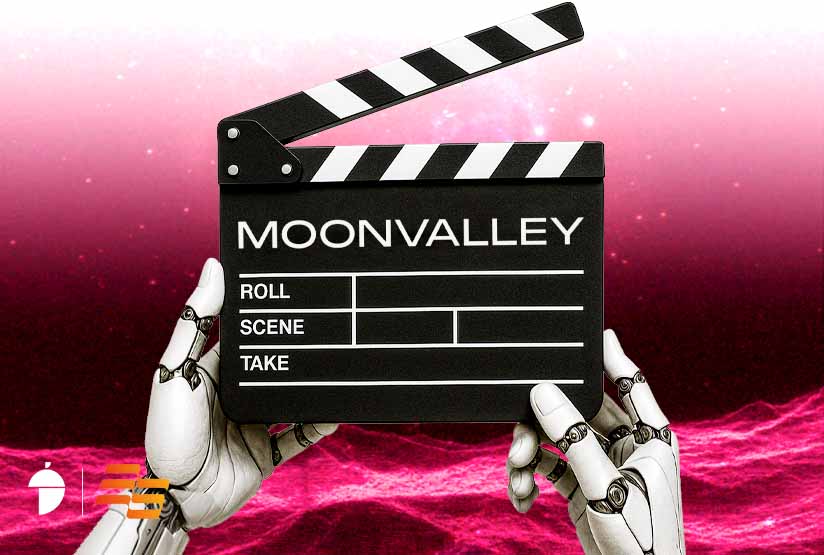




.jpg)
.jpg)





.jpeg)



.jpg)


















.jpg)


.jpg)
.jpg)

.jpg)
.jpg)



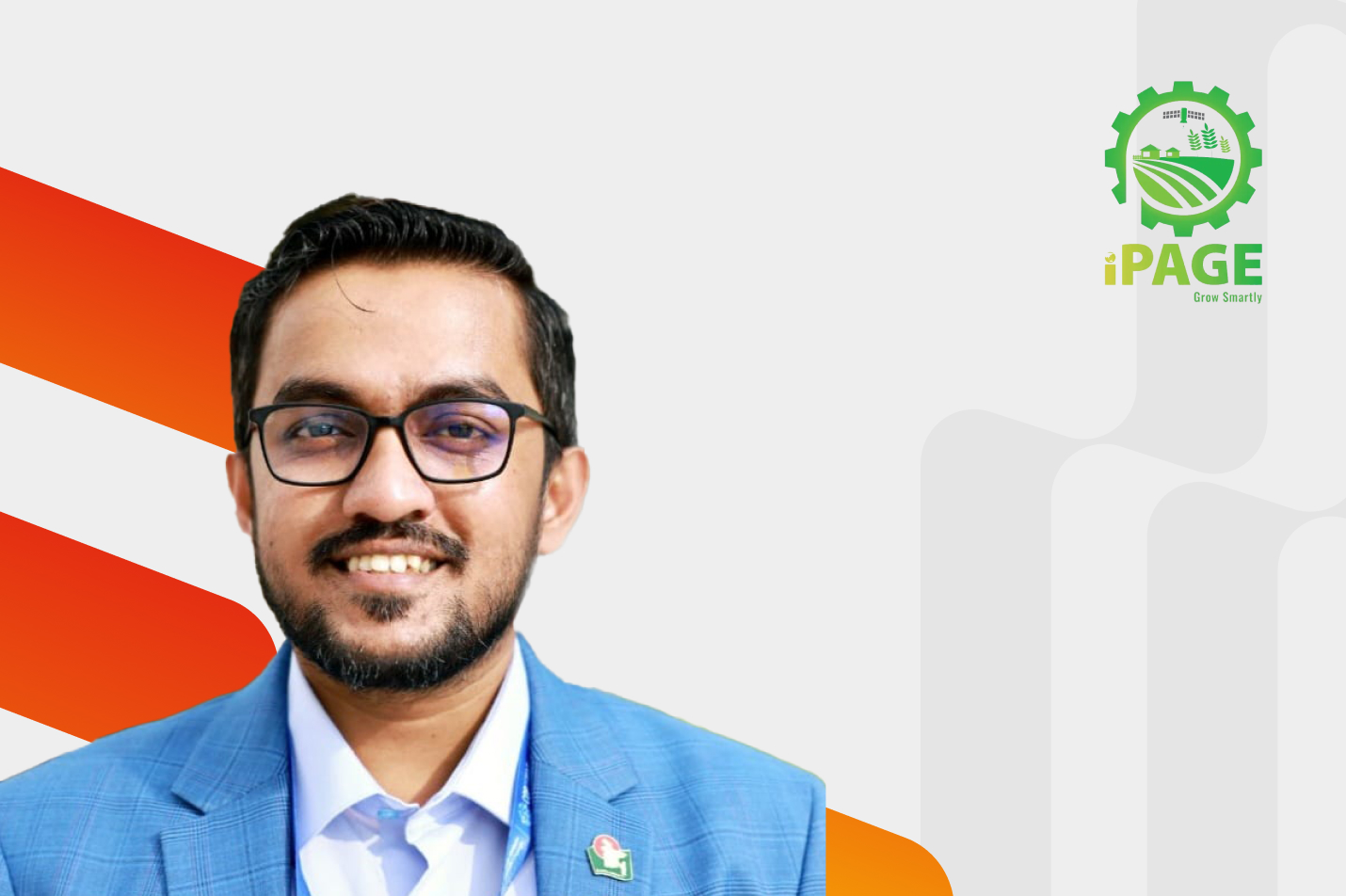














.jpeg)












..jpg)
..jpg)



.jpg)




